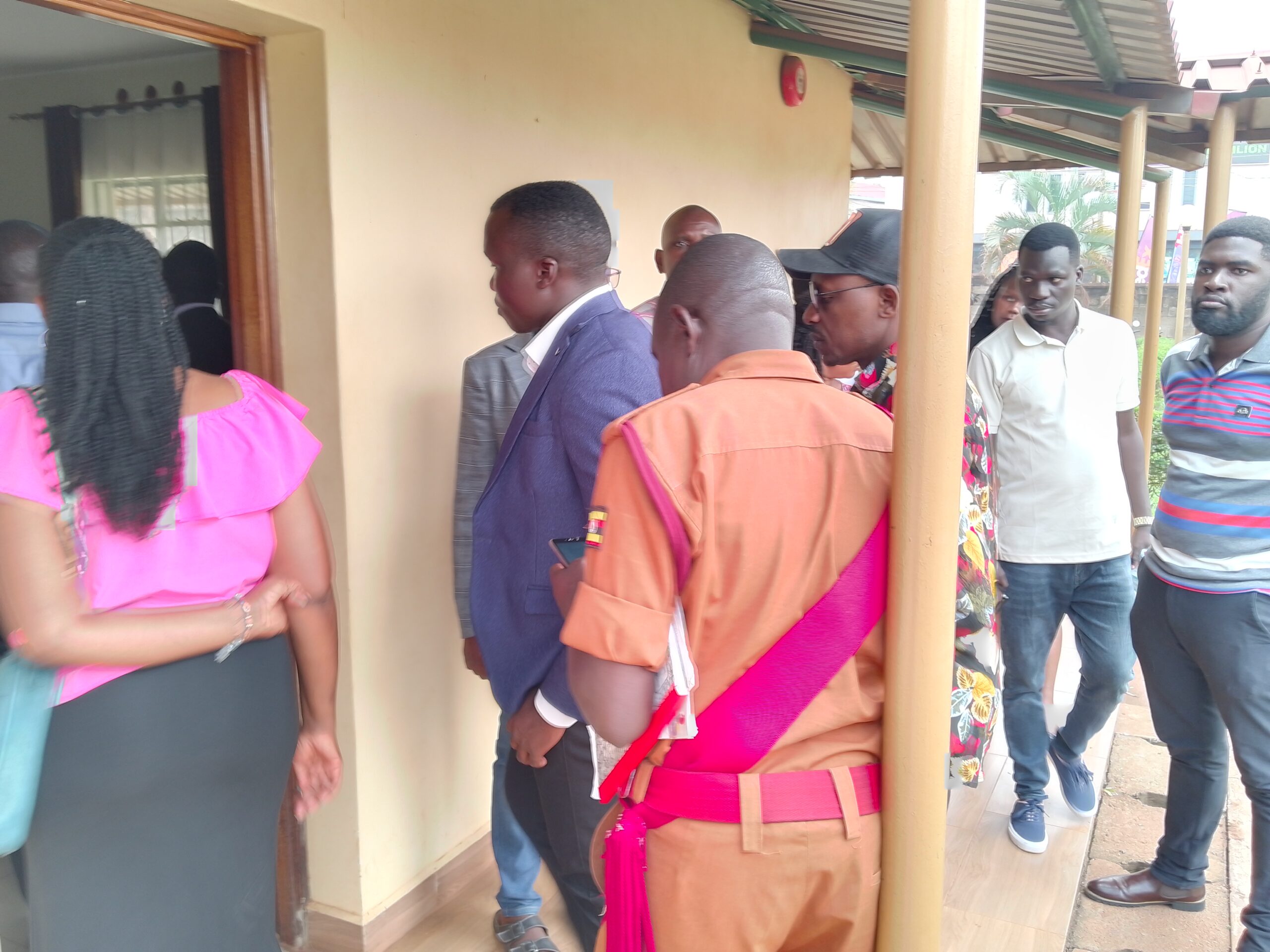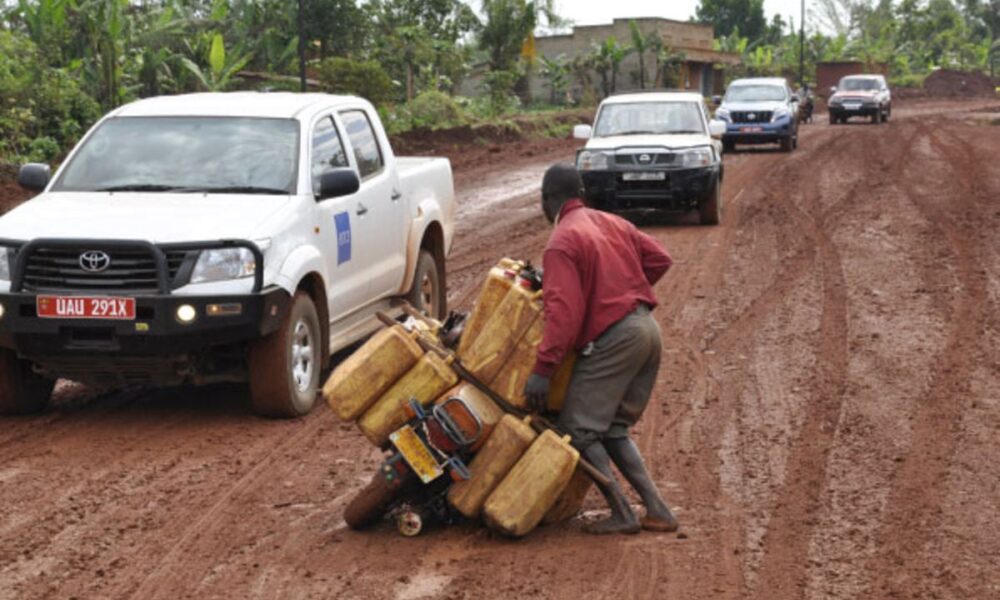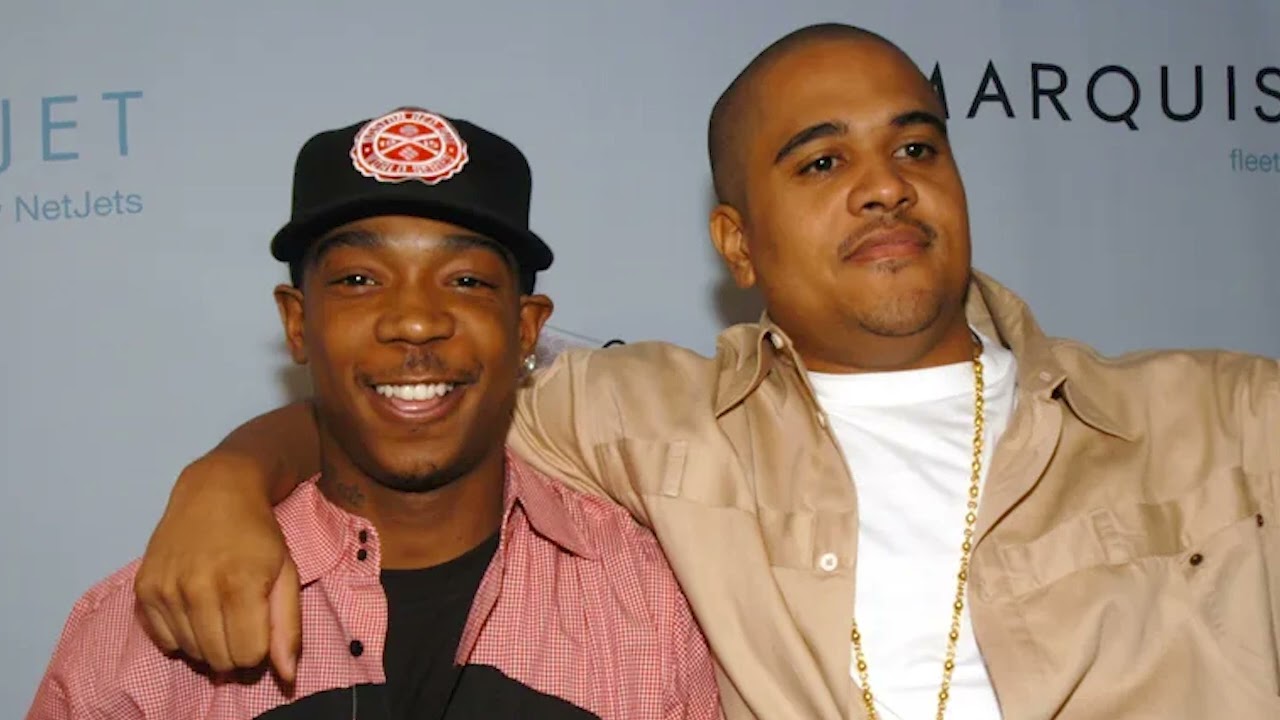
Abu Mukasa: The Ugandan Businessman Accused of Silencing Critical Media Voices with Impunity
Abubaker Mukasa Muyunga, popularly known as Abu Mukasa, has become the central figure in a growing controversy surrounding the silencing of critical journalists in Uganda. As a powerful businessman, Mukasa is reportedly using his influence and wealth to suppress investigative reporting, particularly when it involves high-profile political and business figures.
The clampdown began in June 2024, when Grape Vine online journalists, Alirabaki Sengooba and Dickson Mubiru, were arrested and imprisoned after publishing a story implicating the Uganda National Oil Company (UNOC) in a corruption scandal involving Vitol, a global oil trading company. The journalists were detained after a highly influential speaker within the Ugandan Parliament, who was reportedly angered by the article, allegedly pressured for their arrest.
Sources reveal that efforts were made to have the journalists apologize for their publication to secure an easier release. However, these attempts were rebuffed, with the journalists refusing to cave to what they suspected were attempts to manipulate them into falsely admitting to crimes they had not committed. Despite these intimidations, the journalists stood firm, awaiting their eventual release on bail after a long legal battle with significant support from the Uganda Journalists Association (UJA).
Vitol’s involvement in Uganda’s fuel imports, under the arrangement with UNOC, was initially aimed at stabilizing fuel prices, but this objective remains unfulfilled.
In December 2024, journalist Richard Wanambwa, working with the Eagle online news outlet, found himself ensnared in a similar situation. Arrested under the influence of Abu Mukasa, Wanambwa faced charges of demanding money and property with menace, allegedly in connection with two prominent businessmen, Mukasa and Sheikh Muhammad Bin Juma Maktoum, both major players in Uganda’s oil and business sectors. Wanambwa, who denies the charges, has since been remanded in Luzira Prison as the case unfolds.
Court documents reveal that Mukasa and Maktoum filed complaints against Wanambwa, accusing him of attempting to extort large sums of money. Mukasa’s alleged hand in these cases has led to widespread concerns about the abuse of power to stifle media freedom in the country.
Security forces, reportedly loyal to Mukasa, have been observed at court hearings, monitoring anyone connected to the case and using intimidation tactics to prevent the journalist’s supporters from speaking out. There are even indications that Mukasa’s operatives are working to ensure Wanambwa’s re-arrest should he be granted bail, further reinforcing the notion of impunity surrounding the businessman’s actions.
The case has raised alarm among human rights organizations, which see it as a dangerous precedent for press freedom in Uganda. The state’s role in supporting the complaints and alleged harassment tactics by Mukasa’s supporters highlights the growing influence of wealthy business figures on the Ugandan legal system.
In addition to these incidents, Richard Birivumbuka, the attorney representing the complainants, has made efforts to manipulate the legal process further. In late January 2025, Birivumbuka sought to add additional charges against Wanambwa, including accusations of hate speech, with the intention of obstructing his chances for bail. Birivumbuka’s controversial behavior has already led to allegations of undermining the judicial process, especially after a contentious verbal exchange with the trial magistrate.
These events echo earlier controversies, including the notorious case of the late Kawempe North MP Muhammad Ssegirinya, who died after being denied bail despite severe health issues. Critics argue that this pattern of withholding bail, often linked to political pressures, undermines Uganda’s judicial independence.
The growing influence of figures like Abu Mukasa and his reported ability to control both political and legal outcomes through intimidation and financial influence is a serious concern for press freedom and human rights in Uganda. Journalists and activists are now calling for a more robust defense of media freedom, urging the Ugandan government to adhere to international human rights standards and safeguard the constitutional rights of journalists.
As the court cases continue, the public awaits further developments, with many hoping that justice will prevail and that the voices of the Ugandan press will not be silenced under the weight of powerful interests.
News
A Over Shs 24 billion Highway to Fraud » The Hoima Post –

ROMISE: A modern, tarmacked road linking Mukono to Katosi in central Uganda, improving access and accelerating development.
REALITY: A maze of fake companies, forged documents, and missing billions.
AMOUNT LOST: Over Shs 24 billion
IMPLICATED: Abubaker Technical Services (a ghost contractor), Dan Alinange (then UNRA spokesperson), senior officials in the Ministry of Works and Transport
The Dream: Infrastructure That Connects, Develops, and Delivers
The Katosi-Mukono-Nyenga Road was touted as one of Uganda’s critical infrastructure projects—a 74-kilometre lifeline that would link rural communities along Lake Victoria to urban centers and markets. Once constructed, it would ease transport bottlenecks, improve agricultural trade, and shorten travel time between Mukono and Buikwe districts.
In 2013, the government of Uganda—through the Uganda National Roads Authority (UNRA)—announced a Shs 165 billion contract for the road’s construction. The contractor? A little-known firm named Eutaw Construction Company, allegedly from the United States, working in partnership with Abubaker Technical Services and General Supplies, a local firm.
But from the outset, red flags waved in broad daylight.
The Reality: A Highway to Nowhere
The first sign of trouble came when Eutaw Construction Company, the “lead contractor,” was discovered to not exist in any official registry of the United States. UNRA had claimed that Eutaw was selected after a competitive procurement process, beating out several established firms. But investigations later revealed that Eutaw was a phantom company, used as a front by Ugandan operatives to siphon off public funds.
Even more baffling was that Abubaker Technical Services, the local subcontractor, had no previous road construction credentials of the magnitude needed for a project of this scale—and was, in fact, not officially registered at the time of contract award.
Despite these glaring anomalies, Shs 24 billion was immediately advanced to the so-called contractors—ostensibly as mobilization fees. Within weeks, the money was gone, and the road remained untouched.
The Role of UNRA: Complicity or Incompetence?
The scandal implicates several senior figures at UNRA. At the center was Dan Alinange, the UNRA spokesperson at the time, who consistently defended the integrity of the project in public briefings. Alinange and other officials maintained that due diligence had been done and that Eutaw was “fully verified.”
But a 2015 probe by the Inspectorate of Government (IGG) found otherwise. The report revealed that UNRA deliberately ignored multiple warnings from internal auditors and whistleblowers who questioned the legitimacy of Eutaw and Abubaker Technical Services.
The report also showed that certain individuals within UNRA approved advance payments in record time—without verifying the contractor’s physical address, financial records, or previous work experience.
A Timeline of Fraud
-
2013: Eutaw Construction Company awarded contract to build the 74km Mukono-Katosi-Nyenga Road.
-
Early 2014: Shs 24 billion paid upfront to Eutaw (later traced to Abubaker accounts).
-
Mid 2014: Site inspection reveals slow progress and lack of heavy machinery.
-
Late 2014: IGG launches investigation after whistleblower tips off Parliament.
-
2015: Government admits Eutaw does not exist and cancels the contract.
-
2016–2017: Project re-awarded to China Railway Group Limited; works begin afresh.
The Fallout: Who Paid the Price?
Despite the scandal’s magnitude, accountability was selective and minimal. A few low-level officials were suspended, and the contract was terminated—but no high-ranking official, including Dan Alinange, faced prosecution.
Instead, the government quietly re-awarded the project to China Railway Group Limited, which eventually completed the road in 2019. The loss of Shs 24 billion was absorbed by taxpayers. No funds were recovered from Eutaw or Abubaker.
The scandal revealed deep institutional weaknesses in procurement, internal audit bypasses, and executive protection of those involved. While the road was eventually completed, it came at double the original cost and after significant delays.
Public Outrage and Institutional Shame
The Anti-Corruption Coalition Uganda (ACCU) and other civil society organizations labeled the Katosi scandal as “a monument to impunity.” The matter was also discussed in Parliament, with MPs demanding a full audit of UNRA’s operations. However, the debate fizzled out without tangible results.
The Katosi project also triggered a broader investigation into UNRA’s procurement record, revealing over 20 ghost contractors, inflated contracts, and billions of shillings lost between 2009 and 2015.
A Pattern of Plunder
The Katosi Road scandal is not just an isolated case—it is part of a broader, systemic pattern where infrastructure projects in Uganda become vehicles for corruption. Whether it’s ghost schools, fake health centers, or vanished road contractors, public investment often ends up in private bank accounts.
In a nation where roads are lifelines, the theft of road funds is not just financial corruption—it is a theft of opportunity, a theft of development, and in many cases, a theft of life as citizens die from lack of access to emergency services due to poor road networks.
The People’s Verdict
Today, commuters drive along the completed Mukono-Katosi road unaware that it sits atop a scandal that robbed Ugandans of more than money. It robbed them of trust. It sent a clear message: in Uganda, promises are made for plunder, not progress.
Quote of the Scandal:
“We thought we were building a highway to prosperity. Instead, we built a tunnel for thieves.” — Local council leader in Mukono District
Editor’s Note:
This exposé is part of our “Roads to Ruin” series, tracking Uganda’s most scandalous infrastructure failures. If you have tips or evidence related to this story, contact our investigative desk
https://hoimapost.co.ug/ugandas-stolen-billions-the-katosi-road-project-scandal-a-over-shs-24-billion-highway-to-fraud/
https://hoimapost.co.ug/ugandas-stolen-billions-the-katosi-road-project-scandal-a-over-shs-24-billion-highway-to-fraud/ , hoimapost.co.ug
https://hoimapost.co.ug/ugandas-stolen-billions-the-katosi-road-project-scandal-a-over-shs-24-billion-highway-to-fraud/ , https://hoimapost.co.ug/ugandas-stolen-billions-the-katosi-road-project-scandal-a-over-shs-24-billion-highway-to-fraud/ ,
hoimapost.co.ug , https%3A%2F%2Fhoimapost.co.ug%2Fugandas-stolen-billions-the-katosi-road-project-scandal-a-over-shs-24-billion-highway-to-fraud%2F
News
🔴 MANCHESTER UNITED – LYON LIVE / 🚨LYON REVE D’EXPLOIT A OLD TRAFFORD / EUROPA LEAGUE / LIGUE EUROPA

Thanks for tuning in Introduce yourself to the Omusawo Tintah community in the comments and let us know where in the world you’re listening from. Enjoy! Love, Deo
#relaxingmusic
#meditationmusic
#yogamusic
#studymusic
#spamusic
source
News
Ja Rule Leads Moving Irv Gotti Tribute Weeks After His Passing

Join this channel to get access to perks:
https://www.youtube.com/channel/UCE08U2ONFMOjV8TX2o3RQbA/join
Give thurmbs Up if you like this Video.
SUBSCRIBE. SHARE. LIKE. COMMENT
► Subscribe To
https://www.youtube.com/channel/UCE08U2ONFMOjV8TX2o3RQbA
DISCLAIMER: Content might be gossip, rumors, or exaggerated – based on trending news on social media, Twitter and otherwise. Viewers are advised to do their own research before forming their opinion.
ENTERTAINMENT I LIFESTYLE I POLITICS I SPORTS I POLITICS I PROMOTION
**************** *************. **********. *********. ********* **************
………………………………………………………………….
source




